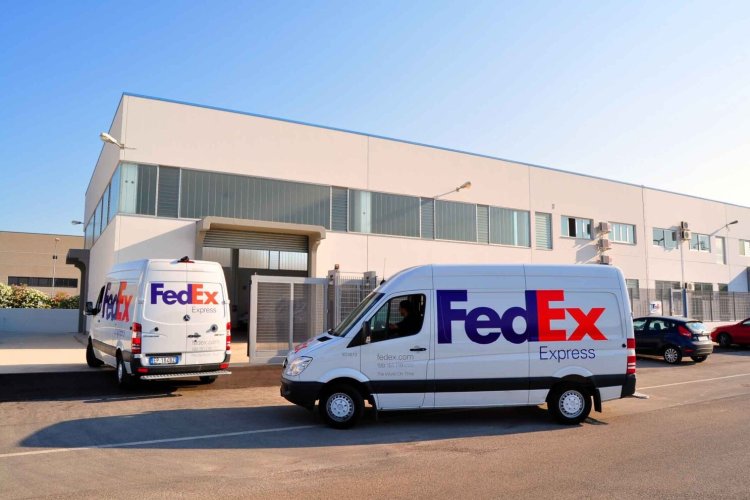FedEx reports sharp profit decline

FedEx, the global delivery giant, reported a significant drop in quarterly profits and lowered its full-year forecast, causing its shares to plummet nearly 11% in after-hours trading. This decline has raised concerns about the broader U.S. economy, as FedEx is often considered a bellwether for corporate activity.
The company attributed the poor performance to customers opting for slower, cheaper shipping options over faster, more expensive services. CEO Raj Subramaniam noted weaker-than-expected industrial demand, particularly in priority shipments between businesses. This shift in customer behavior is seen as a potential indicator of economic challenges.
FedEx's adjusted earnings per share for the quarter ending August 31 were $3.60, falling well short of analyst expectations of $4.77 and last year's $4.37. Revenue came in at $21.6 billion, slightly below the $21.9 billion estimated by analysts.
In response to these challenges, FedEx has revised its full-year earnings forecast to $20 to $21 per share, down from the previous estimate of up to $22 per share. This adjustment aligns more closely with the average analyst estimate of $20.53.
The company is currently undergoing a complex restructuring process, which includes merging its Ground and Express delivery units to save billions in overhead costs. Other units may be spun off or sold. Additionally, FedEx is ending its contract work for the United States Postal Service, its largest customer, with the unprofitable air transport service for the mail network concluding in late September.
The disappointing results from FedEx also impacted its rival, UPS, whose shares declined in after-hours trading as well.
This quarterly report marks the first time FedEx has used new reporting segments following the consolidation of its Express, Ground, and Services operating companies on June 1, reflecting the ongoing structural changes within the organization.















